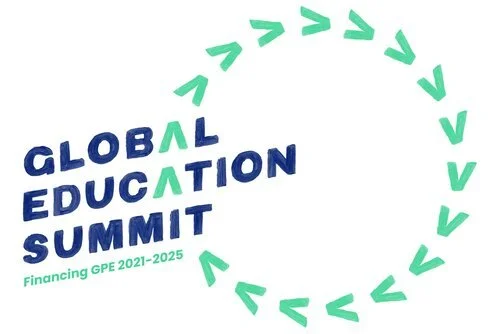sQuid contributes to the dialogue on education during the Global Education Summit
30/07/2021
This week UK Prime Minister Boris Johnson and Kenyan President Uhuru Kenyatta co-hosted the Global Education Summit in London. The Summit’s aim was to raise funds for the Global Partnership for Education (GPE), which is aiming to secure at least $5 billion over the next five years to get 175 million more children into learning around the world.
To coincide with this landmark event, sQuid published its white paper on Driving Literacy and Digital Literacy – Lessons from iMlango in Kenya presenting findings from delivering a whole school literacy initiative for 180,000 children in marginalised settings over the last seven years.
In the paper we advocate that a new mindset is needed in approaching the digital education ‘white space’. We encourage policy makers to engage in partnerships with digital players as well as academic and pedagogical experts.
We show evidence that new digital teaching and learning methodologies can deliver significant improvement in education outcomes.
White paper findings include:
Teachers’ own digital devices are creating an accessible network and have the potential to become a tool for teaching improvement
Teachers can make the shift to using online resources in whole class literacy settings
Parents will engage in literacy learning for their children in marginalised settings
iMlango established a pilot pathway for at-home literacy learning using a digital tool, in marginalised environments
iMlango can point to clear positive trends in literacy improvement through its data
To access the white paper and summary document, please click here


